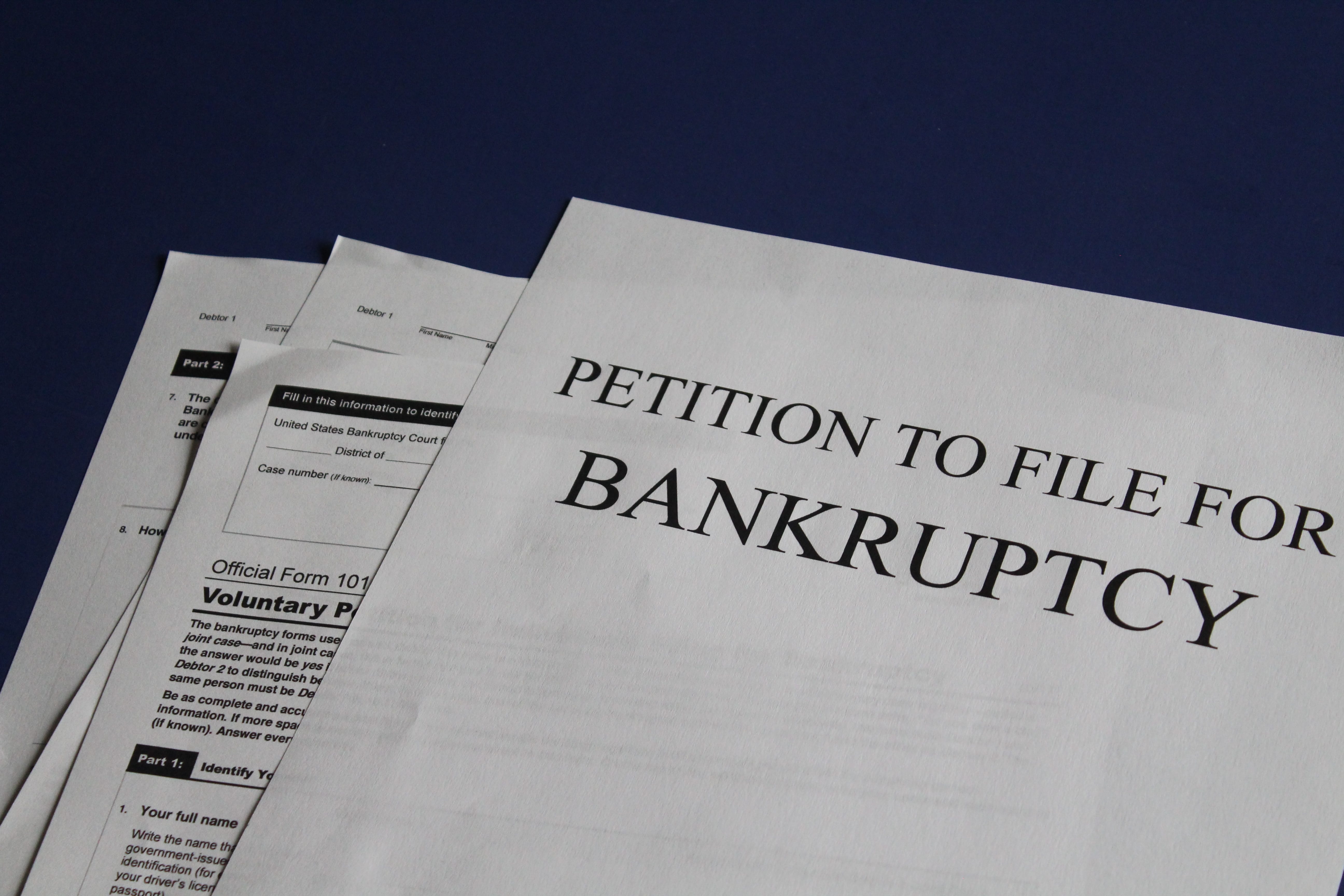Remember, taking control of your finances is the first step towards a more stable and secure future.
Are you considering filing for bankruptcy? If so, you’re not alone. In 2020, more than 1.4 million people filed for bankruptcy in the United States, according to data from the Administrative Office of the U.S. Courts.
Navigating the different types of bankruptcy can be overwhelming, especially if you’re already facing financial difficulties. One option that may be available to you is Chapter 13 bankruptcy. This bankruptcy option provides individuals with a consistent income the advantage of developing a structured repayment plan, enabling them to settle their debts over a span of three to five years.
But before making any decisions, ask yourself some key questions to guide your bankruptcy decision. In this article, we’ll discuss some of the most critical questions you should consider when navigating Chapter 13 bankruptcy.
What Is Your Financial Situation?
This includes taking a close look at your income, expenses, and debts. Are you struggling with overwhelming debt that you can’t pay off? Do you have a steady source of income that would make it possible for you to come up with a repayment plan?
Also, consider any assets or property that may be at risk if you were to file for bankruptcy. Depending on the state in which you live, certain types of property may be exempt from being used to pay off debts. However, if you have valuable assets that are not exempt, they may be at risk of being sold to pay off your creditors.
Are You Eligible for Chapter 13 Bankruptcy?
Not everyone is eligible for Chapter 13 bankruptcy. To qualify, you must meet certain criteria set by the Bankruptcy Code. For example, your unsecured debts (such as credit card debt and medical bills) and your secured debts (such as a mortgage or car loan) must be less than a specific number.
You also must have a regular income that will allow you to make monthly payments toward your repayment plan. Additionally, you cannot have filed for Chapter 13 bankruptcy in the past two years or Chapter 7 bankruptcy in the past four years.
What Are the Benefits of Chapter 13 Bankruptcy?
Before making a decision, understand the potential benefits of filing for Chapter 13 bankruptcy. Some advantages include:
- Protection from creditors: Once you file for bankruptcy, an automatic stay is put into place that prohibits your creditors from taking any action to collect on your debts. This means they cannot contact you, garnish your wages, or repossess any property without court permission.
- Repayment plan: With Chapter 13 bankruptcy, you have the opportunity to create a repayment plan to pay off your debts over a period of three to five years. This can be more manageable than trying to pay off all your debts at once.
- Possible discharge of some debts: If you complete your repayment plan, you may be able to have some of your remaining unsecured debt discharged (eliminated).
What Are the Potential Drawbacks?
While Chapter 13 bankruptcy has many benefits, it also has some potential drawbacks that you should consider:
- Time and expense: Filing for Chapter 13 bankruptcy can be a lengthy and expensive process. It requires completing extensive paperwork, attending credit counseling courses, and appearing in court.
- Impact on credit: Bankruptcy will stay on your credit report for up to 10 years, which can make it difficult to obtain credit in the future. Additionally, any missed or late payments during your repayment plan will also negatively impact your credit score.
- Possible loss of assets: As mentioned earlier, if you have valuable assets that are not exempt from being used to pay off debts, they may be at risk of being sold by the bankruptcy trustee.
Do You Have a Support System?
Filing for bankruptcy can be an emotional and stressful process. Have a strong support system in place to help you through this difficult time. This could include family members, friends, or even a therapist or financial advisor who can provide guidance and support. Having a support system can also help you stay motivated and on track with your repayment plan.
What Are Your Long-Term Financial Goals?

Consider your long-term financial goals before deciding whether or not to file for bankruptcy. While Chapter 13 bankruptcy can provide immediate relief from overwhelming debt, think about how this decision will impact your future finances.
Will filing for bankruptcy prevent you from achieving certain financial goals, such as buying a home or starting a business? Will the limitations on obtaining credit affect your ability to make major purchases in the future?
Always weigh the short-term benefits against the potential long-term consequences, and determine what is best for your overall financial situation.
Bankruptcy is not the right choice for everyone, but for some individuals struggling with overwhelming debt, it can provide much-needed relief and a fresh start. If you have further questions or concerns about Chapter 13 bankruptcy, consult with a qualified Chapter 13 bankruptcy attorney who can provide personalized advice based on your specific situation.
Remember, taking control of your finances is the first step towards a more stable and secure future. So don’t hesitate to seek guidance and take the necessary steps towards a brighter financial future.


Join the conversation!